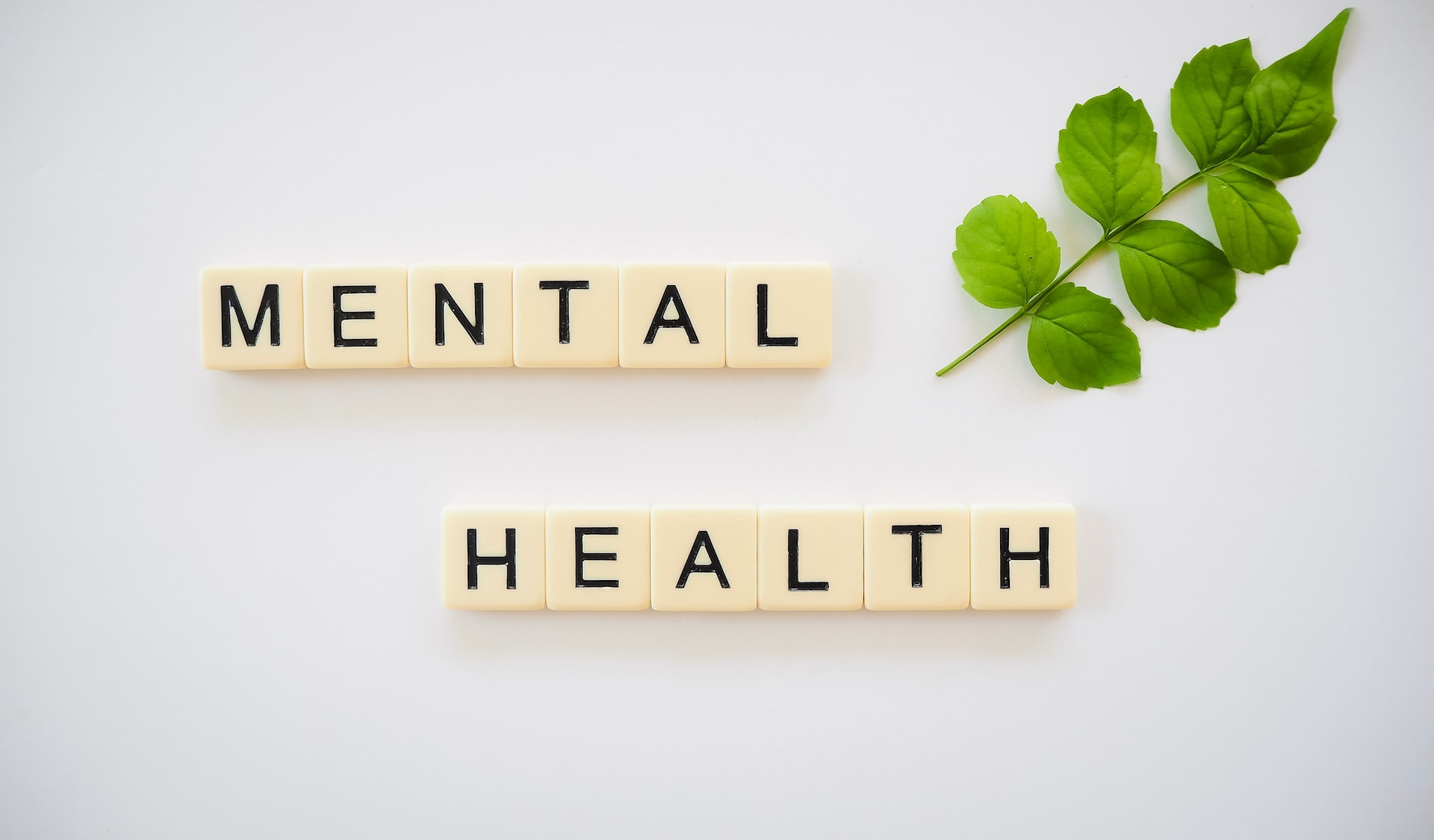Major life events aren’t merely the “ups and downs” most people’s parents told them to expect with age and adult responsibility. These events often cause drastic financial, social, physical or mental changes that people discover they’re ill-equipped to handle. People struggling with one or more major life events often experience overwhelming stress that adversely impacts their health.
What Can Stress Do to Your Body?
When a person feels stressed, their fight or flight response kicks in. Their body releases stress hormones to help them adapt to one of these two actions. Their blood pressure can increase to dangerous levels. They become hyperaware of their surroundings and the situation causing their stress. If they can’t take action to resolve the source of their distress, they can feel overwhelmed and shaky. They might dwell on the cause of their stress.
Non-stop mental tension might eventually make them tired and irritable. They might experience chronic high blood pressure, strokes, insomnia, cardiac problems, weight gain, immune system dysfunction, headaches, cognitive problems, anxiety and even digestive problems. Some people compound these issues by abusing drugs and alcohol or decreasing healthy lifestyle habits.
What Events Cause the Most Stress?
Financial Responsibilities and Expectations

Overall health and financial health usually go hand in hand. If you can take care of your monthly or regular financial obligations (i.e., stable shelter, nutritious food and medical costs), then you’re more likely to have better health. If you’re constantly stressed out by these areas of your life or experience sudden home or job loss, you’re more likely to experience the physical symptoms of stress and less likely to maintain healthy habits. You might also experience high stress because you believe you deserve or need to have specific things accomplished financially, academically, socially or in other ways by a certain point in your life, such as home ownership or sending a child to college. Not meeting these expectations puts an incredible strain on the mind.
Familial Love, Loss and Strife
Whether you’re dealing with a blood relative or a member of your extended family, you can experience acute or chronic stress from related drama, expectations, love or trauma. One common life change that can cause stress is any event that costs a lot of money, such as ceremonies and parties for anniversaries, graduations, weddings and funerals. The death of a loved one and the associated grief, sometimes with guilt about past disagreements or anxiety about mortality, can cause high stress levels. You might also experience stress because of a conflict with one or more family members related to money, politics or simply a decision about your life. Ending a long-term relationship can also cause a stress reaction. There are approximately 3 divorces for every 1000 people in the US. Divorce is one of the most stressful life changes.
Social Disconnection and Frailty
A person might experience severe loneliness and stress after losing an important social connection. It can also happen if you leave home for the first time without a safety net while living and working in a new geographic region. Additionally, you might feel disconnected from society because your job or health forces you to work remotely or live in an area where socializing isn’t easy. Other common causes of disconnection include financial constraints, poverty, cultural differences and age. The sick, poor and elderly are often considered “socially frail.” They don’t have the social ties needed for emotional, financial and other support enjoyed by healthier, financially secure or younger people.
Also Read: How to Apply for a Mental Health Disability Benefits?
Relationship Aberrations and Harm
Dysfunctional relationships are often a source of intense and lasting stress. Yet, parents rarely think to warn their children that, as adults, they might fall in love with or befriend someone who might harm them because of substance abuse or a mental disorder. You’ve likely heard more than one story about someone forced to end a relationship because of an abusive or cheating spouse or a manipulative friend, relative or coworker. Harassment and stalking by supposed loved ones and strangers can cause extreme harm and even result in post-traumatic stress disorder.
Health Decline and Negligence
Lastly, as previously noted, a person’s physical health can impact their mental health, especially if a decline in health makes them feel like a burden or results in loved ones walking away from them. Chronic health problems can cause financial and social ruin as well. An accident that causes an active person to become immobile for a short time during recovery can result in severe depression. A lack of strong social or medical support or medical malpractice can compound their stress.
Also Read: 23 Celebrities Reveal Their Mental Illnesses To Help Others Find Courage.
How to Protect Your Health
Although everyone reacts to stress differently, the following list can help you protect your mind, body and lifestyle.

Recognize the signs of stress: Keep the symptoms in mind along with this list of life events. You can’t treat stress and cope with life’s changes if you don’t realize that a problem exists.
Think about how you might change the situation: Consider various ways you might alleviate the stress. If you suffer a job loss, for example, you might turn to a non-profit job counseling firm, reach out to your social network for referrals, or seek guidance from other job seekers and go-getters online.
Stick to healthy habits: Make a list of things you need to do to stay healthy during stressful times, and then reference and use it as a reminder to guide your actions. Healthy habits include eating nutritious foods, exercising, taking time for yourself, and investing in a restful night’s sleep.
Seek social and medical care: If you’re experiencing mental strain in any way, such as anxiety, depression, or suicidal ideation, reach out to family and friends or a counselor, therapist or pastor.
Build your social and medical support systems: If you’re socially frail, brainstorm ways to expand your support networks. You might, for example, join a work-related association or union or look into joining a club related to a hobby or interest. You might also speak with your physician about more supportive healthcare options.

